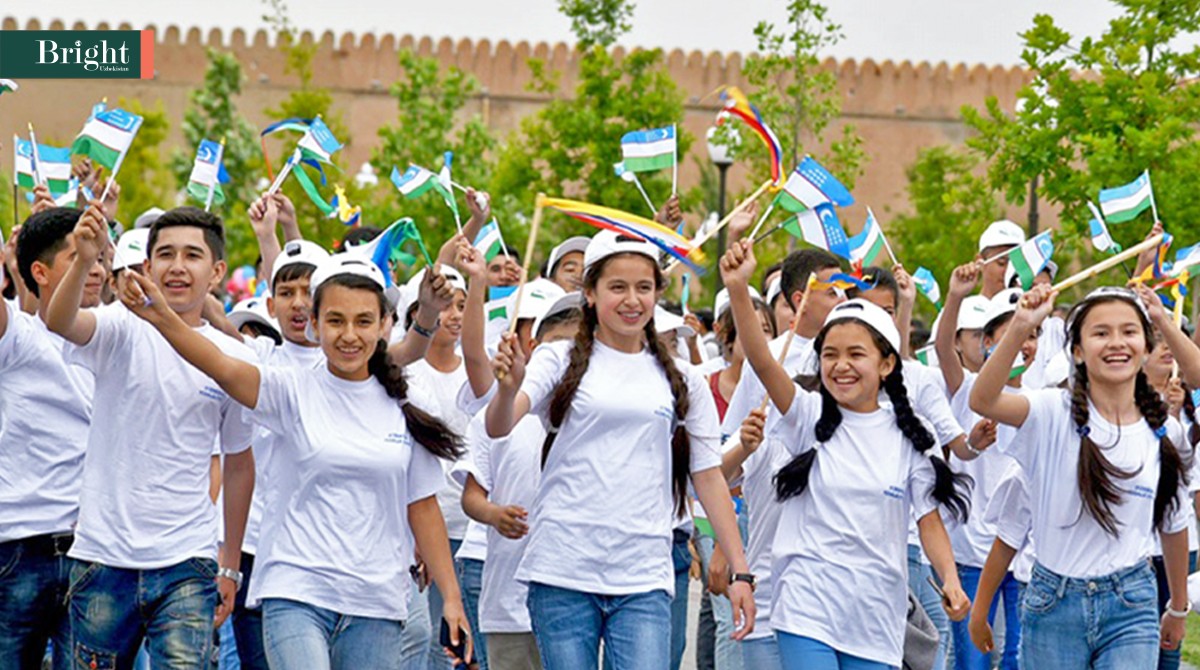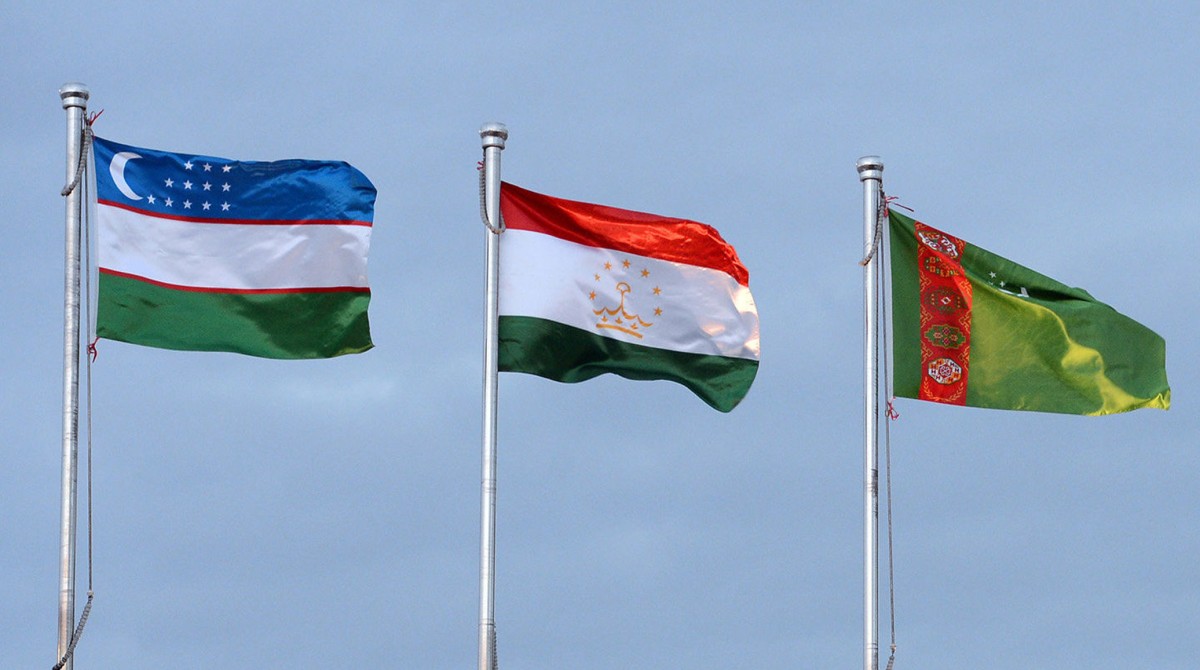A series of Mahalla Stories events dedicated to Uzbek culture to be held in Venice

The Foundation for the Development of Culture and Art of Uzbekistan organized an event to be held in Venice from 24 to 31 August. The event will feature a series of lectures, round tables and an open film screening.
Recall that the first visitors to the National Pavilion of Uzbekistan opened its doors on May 22 at the 17th International Architecture Biennale in Venice. Uzbekistan debuted with the project "Mahalla: Urban and Provincial Life". The pavilion's commissioner was the Foundation for the Development of Culture and Arts under the Ministry of Culture. The aim of the project was to strengthen the national presence in the global cultural space.
The main idea of the project is to understand and document the cultural heritage of the mahalla, which was built in cooperation with cultural specialists of Uzbekistan and international architects. The project carries the cultural and architectural tradition of Uzbekistan.
Based on the collected data and with the involved foreign experts, the organizers will conduct a series of Mahalla Stories events.
Mahalla Stories is a series of educational and cultural events developed by the Foundation at the 17th International Architecture Exhibition La Biennale di Venice. Guest lecturers will also act as speakers.
On August 24, the program will be opened by the ensemble of Uzbek traditional music "Shodiona" in the pavilion. The ensemble will be accompanied by the maqomist Khushnud Solidzhonov.
An important event will be the Collective Day of Curators, which is planned to be held in conjunction with the Israeli and Polish pavilions on 28 August with a cast of international experts to discuss topics such as: countryside, agriculture, food production and different lifestyles.
The pavilion of Uzbekistan invites three of the most interesting musicians and sound technicians from Italy, Enrico Malatesta, Giovanni Lamy and Glauco Salvo. Also, there will be an open screening of the film "Mahallada duv-duv gap" in the Teatrino Palazzo Grassi cinema of an old palazzo in Venice and a conversation with Chloe Dryyu, historian, researcher at the National Center for Research (CNRS) / CETOBAC and Saodat Ismailova, artist and filmmaker.






